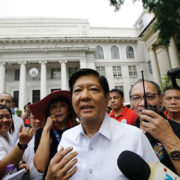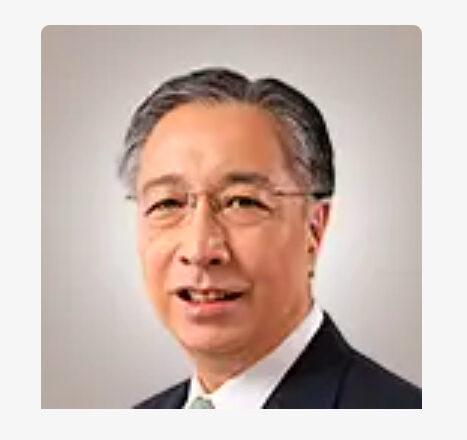In an interview with London-based newspaper Financial Times, Ferdinand “Bongbong” Marcos Jr. expressed his desire to run for presidency and return to Malacañang after President Rodrigo Duterte’s term ends.
“My career is politics, and, in fact, you aspire to as excessive a stature inside your chosen area as you can possibly obtain—and that might be president in my case,” Marcos said.
Although according to him, presidency is “ not something that I wake up in the morning and plan on.”
He does, however, want to build a “more egalitarian system of government,” as he told FT.
“In my father’s administration, I kept hearing ‘nation-building,’ and I do not hear that phrase anymore,” he said.
He added that the Philippines must “come to some kind of modus vivendi” with China, as well.
“With the Philippines being such a strategic place and with your traditional strong relationship with the U.S. and China as an emerging superpower, it puts us in a very difficult spot,” he explained.
Marcos also divulged that supporting civil servants and teachers, and making appointments based on merit instead of political loyalty might be included in his platform — the latter being a slight swipe at Duterte who has a strict policy of not appointing or hiring people he doesn’t know.
“Because he’s now in the national area, he must take advantage of the talent that’s available out there,” he said.
Marcos lost the vice presidency in 2016 to Leni Robredo with narrow margin. This had prompted him to challenge the contested poll, leading to a recount that started in April.
Many critics vocalized their concerns, however, over the possibility of the rehabilitation of the Marcos family if the recount were to go Marcos’ way; after all, he has been in politics since 2010, his sister Imee has been the governor of Ilocos Norte since 2016, and his mother Imelda has been serving as the representative of the second district of Ilocos Norte.
According to Amnesty International’s estimates, 70,000 people were imprisoned, 34,000 were tortured and 3,240 were killed during the martial law that Marcos’ father implemented.






